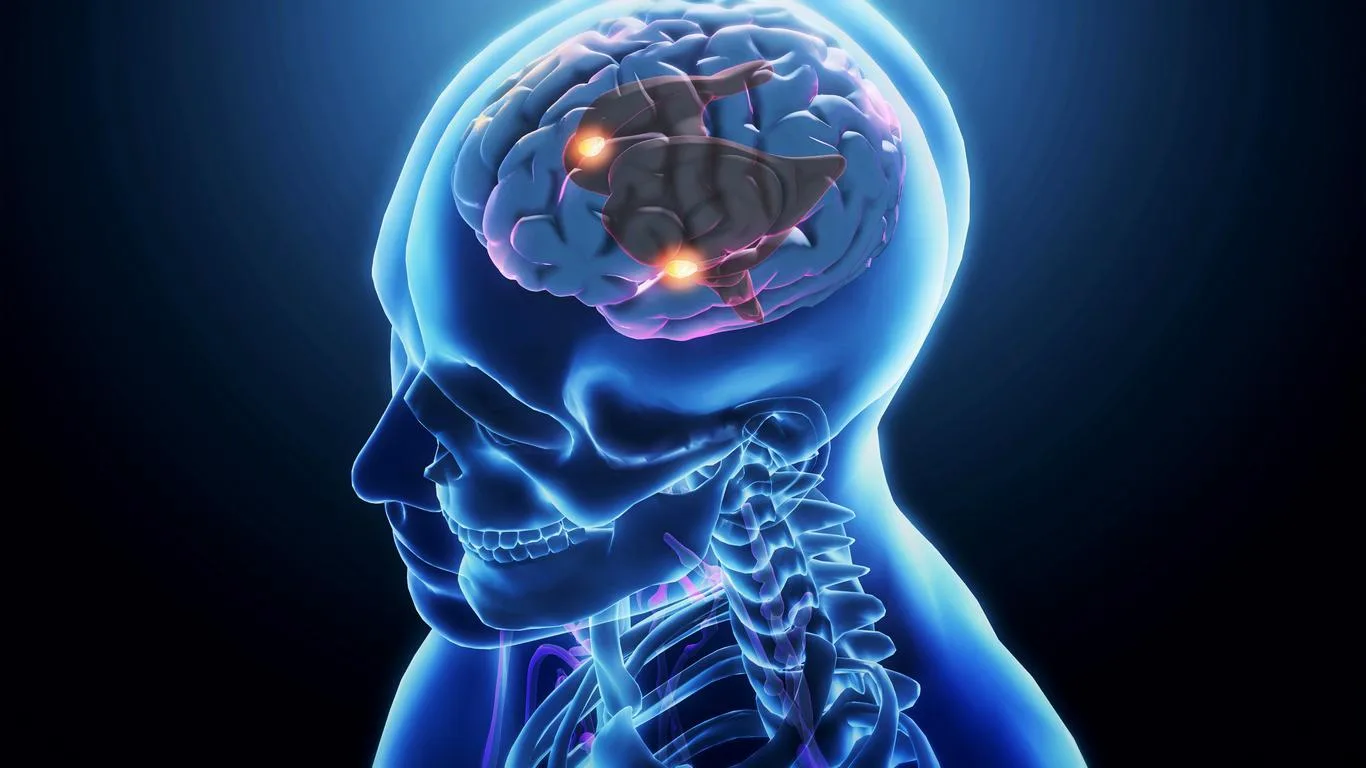The Vital Role of Vaccines in Global Health
For two centuries, vaccines have stood as a cornerstone of public health, playing an indispensable role in safeguarding humanity against infectious diseases. The World Health Organization (WHO) underscores their significance, estimating that vaccines prevent an astounding 3 to 5 million deaths each year. These life-saving interventions combat a range of illnesses, including diphtheria, tetanus, influenza, measles, and, more recently, the COVID-19 virus.
A History of Success
Vaccines have a long and storied history of success. From the eradication of smallpox to the near-elimination of polio, vaccines have demonstrated their power to transform global health. These triumphs are a testament to scientific innovation and the unwavering commitment of healthcare professionals worldwide.
How Vaccines Work
Vaccines work by stimulating the body’s immune system to produce antibodies that recognize and fight off specific pathogens. This process provides immunity without causing the illness itself. There are several types of vaccines, including:
- Live-attenuated vaccines: These vaccines use a weakened form of the pathogen.
- Inactivated vaccines: These vaccines use a killed version of the pathogen.
- Subunit, recombinant, polysaccharide, and conjugate vaccines: These vaccines use specific pieces of the pathogen, such as its protein, sugar, or capsid.
- Toxoid vaccines: These vaccines use inactivated toxins produced by the pathogen.
- mRNA vaccines: These vaccines use messenger RNA (mRNA) to instruct cells to produce a protein that triggers an immune response.
The Impact of Vaccination
The impact of vaccination extends far beyond preventing individual illness. When a large percentage of a population is vaccinated, it creates herd immunity, which protects those who cannot be vaccinated, such as infants and people with certain medical conditions. Vaccination also reduces the overall burden of disease on healthcare systems and economies.
Addressing Vaccine Hesitancy
Despite the overwhelming scientific evidence supporting the safety and effectiveness of vaccines, vaccine hesitancy remains a challenge. Addressing this issue requires open communication, education, and trust-building between healthcare providers and the public. It is crucial to dispel misinformation and provide accurate information about the benefits and risks of vaccination.
The Future of Vaccination
The field of vaccinology continues to evolve, with ongoing research and development efforts focused on creating new and improved vaccines. These efforts include developing vaccines for diseases that currently lack effective prevention strategies, as well as improving the safety, efficacy, and accessibility of existing vaccines.
Final Overview
Vaccines are a powerful tool for protecting global health. Their widespread use has led to the eradication or near-eradication of several infectious diseases. By continuing to invest in vaccine research, development, and distribution, we can further reduce the burden of infectious diseases and improve the health and well-being of people around the world.




+ There are no comments
Add yours